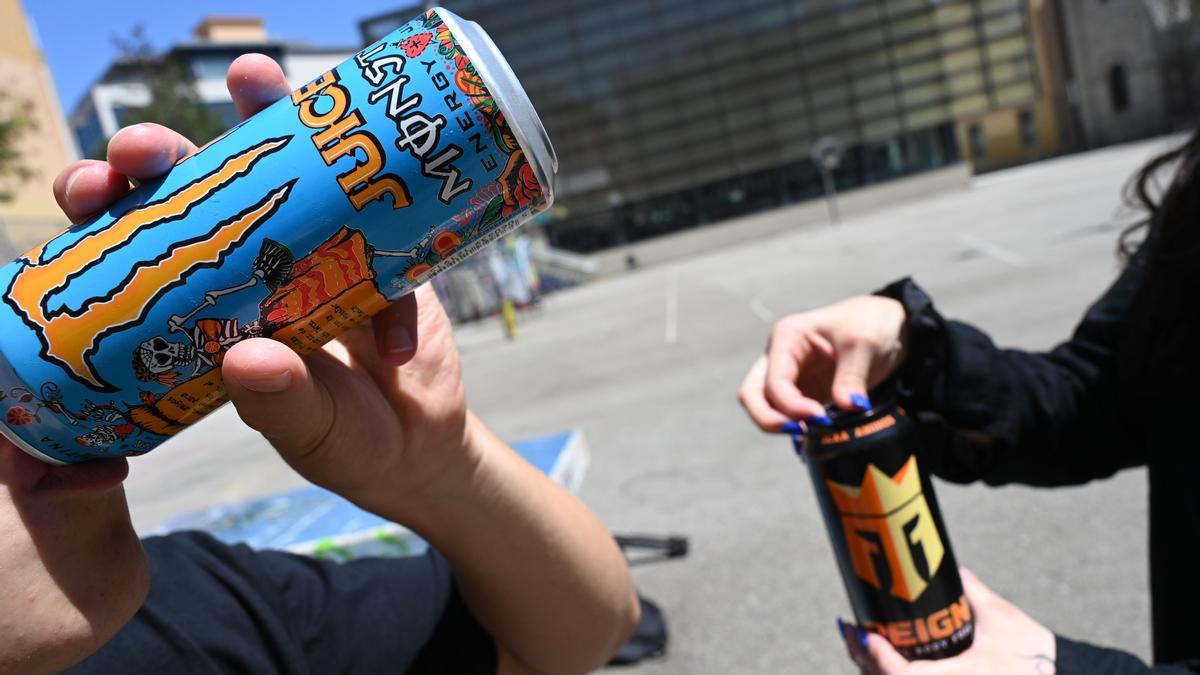The energy drinks they have a average caffeine content of 150 mg per literin addition to sugar, vitamins, minerals and amino acids in variable amounts. Ads, which are marketed as mental health and physical performance enhancers, may account for their high popularity among students.
The energy drinks They are one bomb of caffeine, sugar and other components of which we still do not know all the long-term effects they will have on the fully developing organism of the youngest.
From a study published last November in the magazine addiction revealed that about 60% of young people and adolescents Everyone has had this kind of drink at one time or another; a fact that worries experts, especially when combined with alcohol.
For years, various studies have attempted to demonstrate the associated risks. Now a new article conducted in Norway and published in the magazine BMJ opened involves taking energy drinks with the poor sleep quality and insomnia among university students.
The results, based on the data from 53,266 people between 18 and 35 years old The latest Student Health and Well-being Study (SHOT22 study) shows that the greater the consumption frequency, the fewer hours of sleep they had at night.
“Even a small amount (one drink one to three times a month) can be related to the quality and quantity of sleep in young people,” he explains to SINC. Siri Kaldenbachfirst author and researcher at Innlandet Hospital in Norway.
To understand which aspects of dream were more or less affected, the students were asked how often they took energy drinks and about their usual patterns, including when they went to bed and got up or how long it took them to fall asleep. Then the efficiency of the dream based on total hours slept at night versus time spent in bed.
Differences between men and women regarding energy drinks
Survey responses indicated clear gender differences in consumption patterns. For example, women reported more often than men that they had never or almost never swallowed energy drinks: 50% versus 40%.
Of those who reported drinking these drinks, 5.5% said they drank them between 4 and 6 times a week, and just over 3% said they did so daily. The comparable figures for them were 8 and 5% respectively. However, a clear dose-response relationship between intake and lower hours of use was observed in both sexes dream.
When reporting daily use, both men and women slept about half an hour less than participants who used occasionally or not at all. Similar associations were also observed for waking after falling asleep and taking longer to fall asleep.
Therefore, increased intake was associated with an increase in both the time spent awake at night and the time it took to fall asleep, i.e. lower sleep efficiency.

Insomnia problems due to energy drinks
He insomnia It was also more common among women and men who reported daily use than among those who reported occasional or no use: 51% versus 33% (them) and 37% versus 22% (them).
In general, a higher consumption of energy drinks was associated with an increased risk of dream in all aspects examined, with the strongest associations for the short duration of the dream.
Compared to those who stated that they did not consume energy drinks or consumed only occasionally, men who reported doing so daily were more than twice as likely to say they slept less than six hours per night, while women were 87% more likely.
“In any case, our goal is to inform consumers that drinking large amounts is not conducive to a good night’s sleep and that students may need to be somewhat cautious about drinking these drinks, as also confirmed in other studies from other countries on the same subject,” says Kaldenbach. adds.

